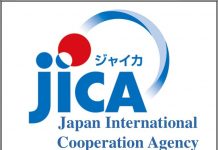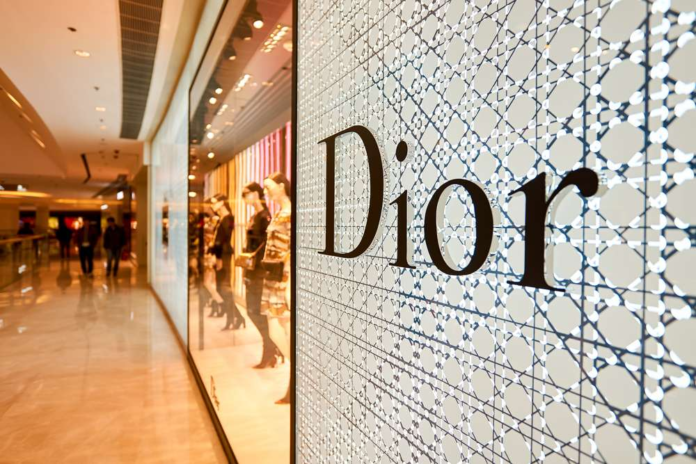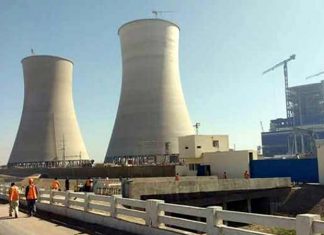Italian prosecutors have accused AZ Operations, a subcontractor of LVMH-owned Dior, of exploiting undocumented workers, exposing significant flaws in the auditing and oversight practices of the luxury giant.
The investigation, cited by Reuters, revealed that despite passing formal audits in 2023, AZ Operations was allegedly operating as a front for New Leather Italy, a business exploiting workers in sweatshop-like conditions near Milan.
Court documents show AZ Operations passed audits in January and July 2023, which found “no non-conformities” in working conditions. However, Milan prosecutors found the company “de facto non-existent” during a police inspection in 2024, triggering legal action against Manufactures Dior, Dior’s Italian production arm.
The case has placed Dior under judicial oversight since June 2024 and raised questions about the effectiveness of LVMH’s supply chain monitoring.
Dior’s July statement condemned illegal practices within its supply chain and acknowledged the need to improve its inspection processes. It emphasized collaboration with Italian authorities and a commitment to reinforcing procedures.
Meanwhile, LVMH reported conducting over 2,600 global audits in 2024, yet critics argue these measures failed to prevent abuses in key parts of the supply chain.
Labour exploitation in luxury supply chains is not unique to Dior. Investigations into Italy’s artisanal sector have implicated other high-end brands like Giorgio Armani and Alviero Martini, highlighting systemic oversight failures.
Experts note that subcontractors often evade detection by preparing for planned audits, coaching workers, and resuming exploitative practices outside inspection hours.
Italy, responsible for over 50% of global luxury leather and clothing production, remains central to the industry’s supply chain challenges. Industry insiders say brands prioritize cost-cutting measures over thorough compliance checks, enabling such exploitation.
Despite legal requirements, luxury groups are not obligated to audit subcontractors, where most violations occur.
LVMH, valued at $330 billion, faces increasing pressure from investors to enhance supply chain transparency and align practices with its public commitments to sustainability and corporate responsibility. In its 2023 Social and Environmental Responsibility Report, the group stated it aims to uphold human rights and ensure safe working conditions in its supply chains.
Italy’s antitrust authority is investigating whether Dior and Armani misled consumers about their supply chain practices. While Armani has expressed confidence in a favorable outcome, LVMH has yet to publicly address the broader allegations.
Prosecutors argue that the luxury conglomerate’s reliance on inadequate checks fuels systemic labour exploitation, risking its reputation and exposing it to potential civil liability.
























